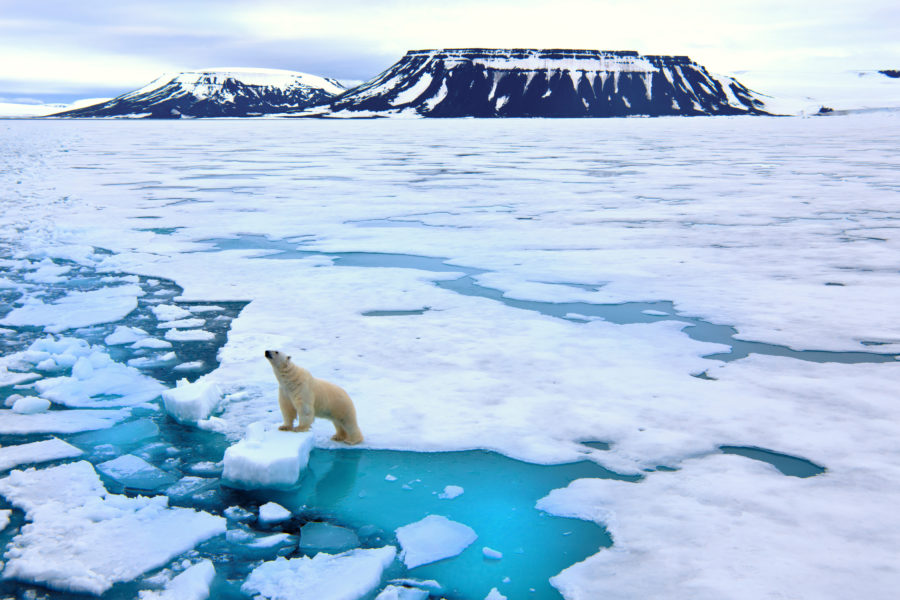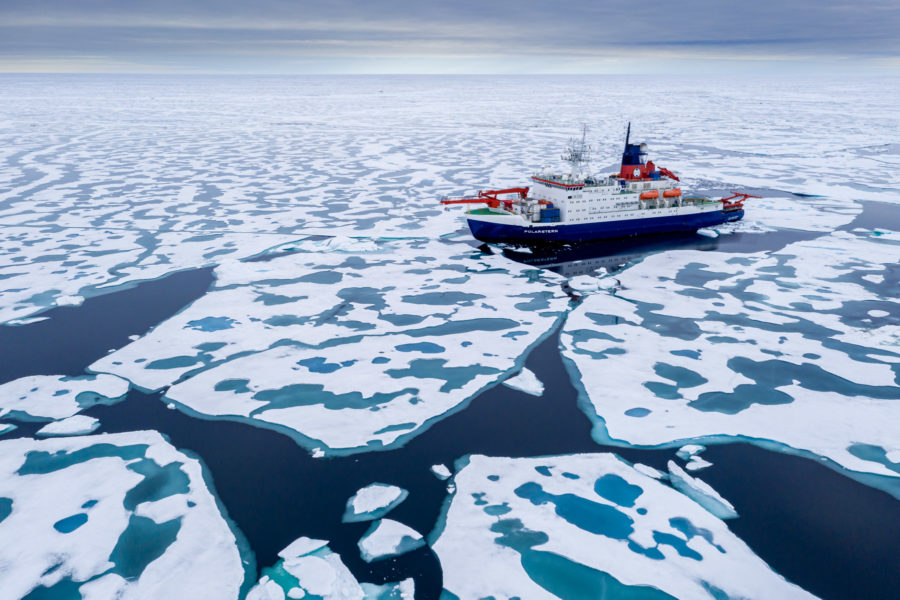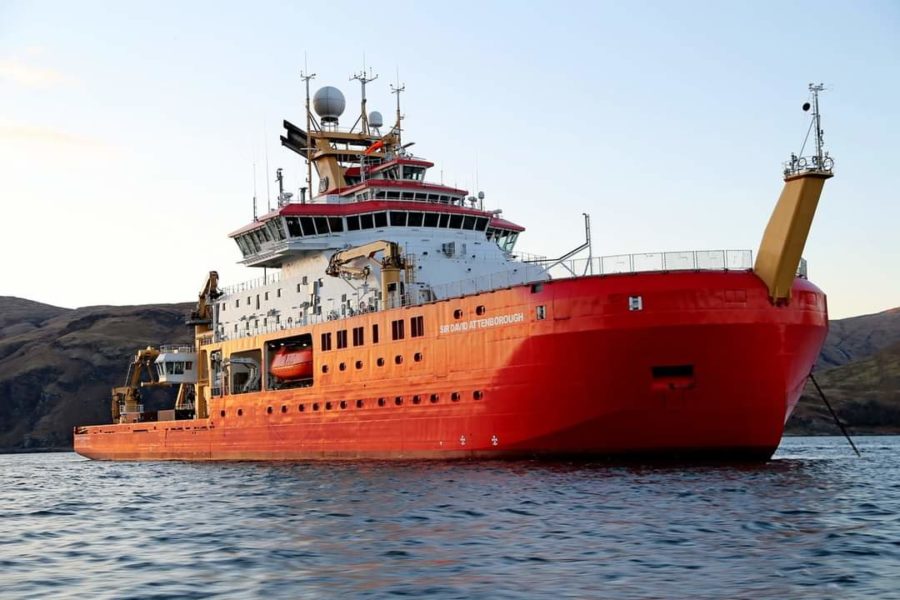18th May 2021 UK, London
25 years of the Arctic Council: our strong and enduring connection

As the UK Minister responsible for the Polar Regions, I am deeply interested in the Arctic, one of the most dynamic regions of the world. We know that changes in the Arctic environment affect the UK through global sea-level rise, changes to our climate and weather patterns, and threats to our shared biodiversity. While we are not an Arctic State, the Shetland Islands’ proximity to the Arctic makes us the Arctic’s nearest neighbour. It is no exaggeration to say that we have a strong and enduring connection with the region.
As one of the original State Observers to the Arctic Council, we are looking forward to the twelfth Arctic Council Ministerial meeting in Reykjavik later this week. In this anniversary year, we offer our congratulations to the Arctic Council on 25 years as the pre-eminent intergovernmental forum promoting cooperation in the Arctic. Throughout this time, the UK is proud to have contributed to the Council’s important work tackling the biggest Arctic issues, through our common vision of sustainable development and environmental protection in the Arctic.
We continue to participate actively in working groups, contributing UK expertise to projects across the region. Most recently, this has included helping to frame the Polar Shipping Code, an international code that ensures ships can operate safely and with minimal environmental impact in in the inhospitable waters surrounding the 2 poles; and to establish the Arctic Shipping Best Practice Information Forum to ensure the exchange of information and best practice.
We have supported the development of the Marine Litter Regional Action Plan which works to reduce the impact of marine litter, including microplastics in the Arctic seas. We are also currently co-leading the Arctic Marine Tourism project with Canada and Iceland – this project analyses passenger vessel trends in the Arctic region and will contribute to responding to the challenges posed by marine tourism.
While introducing the UK Government’s recent Integrated Review of Security, Defence, Development and Foreign Policy, our Prime Minister shared his vision for the UK to be a science superpower and a hub of innovation and research. The Arctic is an area where British scientists are increasingly active. Over 70 UK-based universities and research centres contribute to Arctic research, including the National Oceanographic Centre, British Antarctic Survey and the Scottish Association for Marine Sciences.
This year we are celebrating the 30th anniversary of the UK’s Arctic Research Station at Ny-Ålesund, Svalbard, and the launch of the Sir David Attenborough. This new Polar research ship pushes the boundaries of polar science and exploration. It is equipped with state-of-the-art laboratory facilities, allowing scientists to analyse samples while on board and revealing new results quicker than ever before.

Answering the biggest scientific questions about change in the Arctic requires international collaboration and cooperation. The UK’s Natural Environment Research Council is leading the multi-disciplinary Changing Arctic Ocean Programme 2017-2022. It aims to understand the implications of changes in the sea ice and ocean on the marine biology and biogeochemistry, and provide future projections. In addition, we were delighted to work with Germany on the largest polar expedition in history, the MOSAiC, that saw us deploy 7 research teams on the Polar Stern. The ship spent a year drifting through the Arctic Ocean, trapped in ice, to better understand global climate change.
With temperatures in the Arctic continuing to rise at more than twice the global average, understanding and raising awareness about the impacts of climate change on the Arctic is the greatest current priority. In the year that the UK and Italy will host COP26, we continue to urge countries to come forward with ambitious nationally determined contributions that will help us mark a course to net zero emissions. We will continue to help raise awareness of the impacts of climate change on the Arctic environment, and the livelihoods and economies of Arctic societies.

We also know that Indigenous peoples are often some of those communities most exposed and vulnerable to climate change. But they are also at the forefront of knowledge about climate change adaption. With inclusivity at the heart of UK planning for COP26, I am pleased that together with Canada, the UK will partner with Inuit communities to develop and launch the new United Kingdom-Canada-Inuit Nunangat Arctic Region Research Programme. It will put the needs and skills of Indigenous communities front and centre, combining the best of everyone’s expertise and capabilities and support Inuit self-determination in research. Working in partnership, this programme will make a valuable contribution to our shared understanding of, and responses to, changes in the Arctic.
Our longstanding interest in the region, and our desire to share our scientific and technical expertise for the benefit of all, shape the way that we contribute to the Arctic. With my ambition for a UK that is an active, burden-sharing and problem solving nation, we look forward to ongoing participation and active contribution to the work of the Arctic Council, delivering our shared vision for an Arctic that is safe, secure and peaceful.